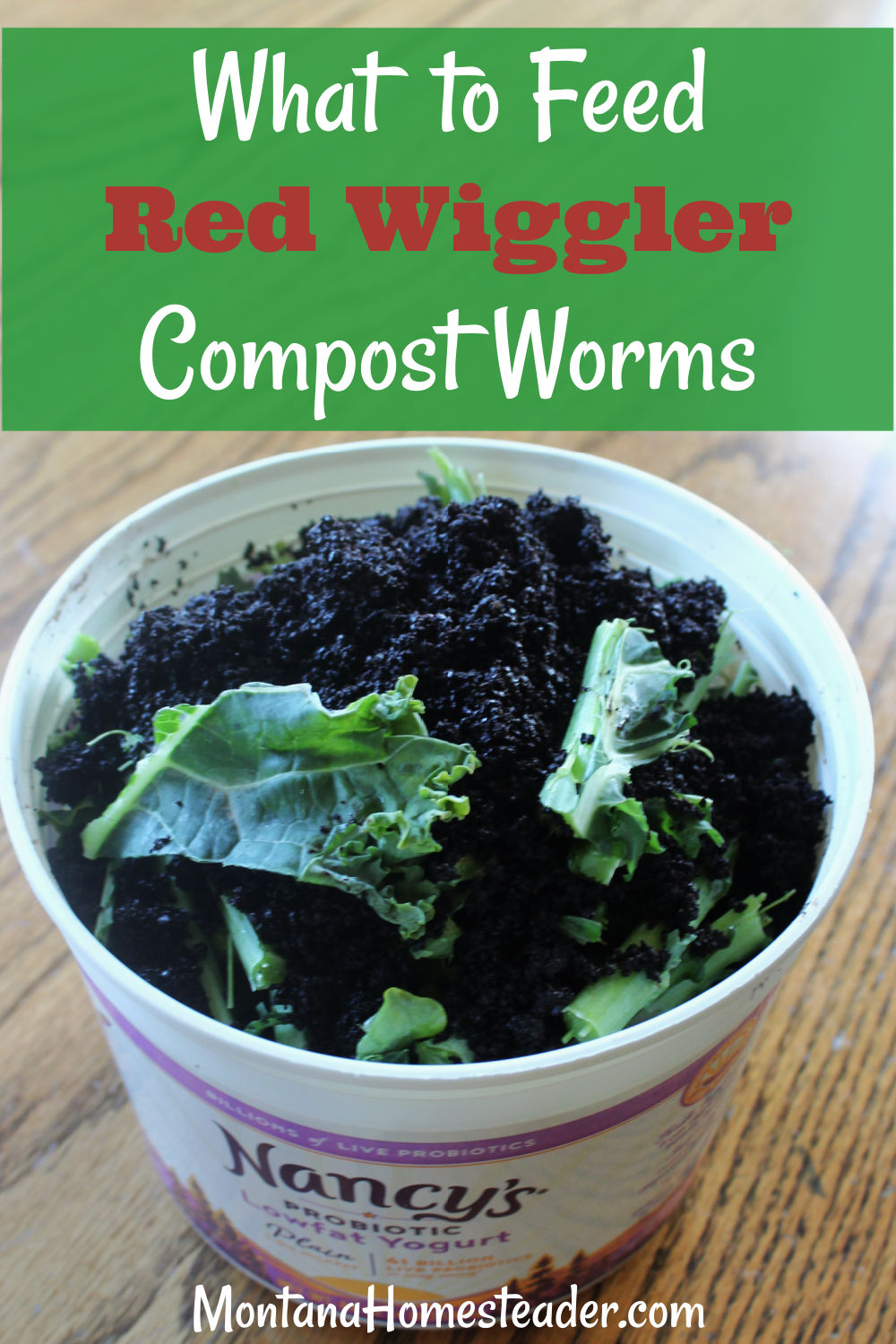Red Wiggler Worms - All-natural Remedy for Environmentally Friendly Composting
Wiki Article
Red Wiggler Worms Demystified: Unlocking the Keys of Vermiculture for Greener Living and Nutrient-Rich Dirt
In the world of sustainable techniques for enhancing soil high quality and promoting eco-conscious living, red wiggler worms play a pivotal yet often ignored role. These humble creatures possess the remarkable capability to change natural waste right into nutrient-rich spreadings that work as a potent natural fertilizer. By diving into the world of vermiculture, one can uncover a huge selection of benefits that expand far beyond traditional composting methods. Comprehending the intricacies of caring for these worms, maximizing their atmosphere, and using their spreadings can lead to a greener way of life and healthier dirt for plants to thrive.The Role of Red Wiggler Worms
Red Wiggler worms play an essential function in composting systems by efficiently breaking down raw material into nutrient-rich spreadings. These starved eaters eat a range of natural products, such as kitchen scraps, yard waste, and paper items. As they feed, the worms' digestion processes break down the raw material into a fine, dark, and nutrient-dense product called worm castings or vermicompost.The castings produced by Red Wiggler worms are very valuable for dirt wellness and plant growth. They are rich in essential nutrients like phosphorus, nitrogen, and potassium, which are essential for supporting healthy and balanced plant advancement. Furthermore, worm spreadings consist of beneficial microorganisms and enzymes that assist enhance soil framework, increase water retention, and enhance nutrient uptake by plants.
Benefits of Vermicomposting

In addition, vermicompost, the nutrient-rich final product of vermicomposting, functions as an outstanding organic fertilizer and soil conditioner. It improves soil structure, enhances dirt oygenation, and increases soil dampness retention. These homes contribute to much healthier plants with more powerful origin systems and better resistance to parasites and conditions. Vermicompost additionally enhances the soil with vital nutrients like phosphorus, nitrogen, and potassium, promoting plant growth and overall dirt fertility.
In addition, vermicomposting assistances lasting horticulture methods by providing a chemical-free and all-natural option to synthetic plant foods. Red Wiggler Worms. This eco friendly strategy not just enriches the dirt but likewise assists lower dependence on harmful chemicals, advertising a greener and a lot more sustainable method of horticulture
Establishing a Worm Container
When developing a worm bin for vermicomposting, appropriate configuration is vital to ensure the success of the go to the website composting process. The first step in establishing a worm bin is selecting an ideal container. This can be a plastic container or wood box that supplies adequate space for the worms to walk around and has correct water drainage openings to avoid waterlogging. Next off, a bedding product such as shredded paper, cardboard, or coconut coir need to be added to the bin. This bed linens provides a comfortable setting for the worms and helps maintain dampness degrees.After including the bed linen, present the red wiggler worms to the container. The worms should after that be provided with food scraps such as fruit and veggie peels, coffee grounds, and eggshells.
Routinely keep an eye on the moisture degrees and temperature in the worm container to ensure ideal problems for the worms. With appropriate configuration and upkeep, the worm bin will properly convert natural waste right into nutrient-rich compost for your plants and yard.
Collecting Worm Castings
To effectively accumulate nutrient-rich worm spreadings from your vermicomposting system, an organized harvesting approach is vital. When it comes time to collect Read Full Article the worm spreadings, there are a couple of key actions to comply with to guarantee an effective procedure.
Troubleshooting Common Issues
Identifying and resolving common obstacles that may arise throughout the vermicomposting procedure is Website important for keeping a healthy and effective worm container. Including excess food scraps can lead to an accumulation of dampness and level of acidity in the worm bin, possibly harming the worms. One more problem is undesirable odors rising from the worm bin.
Furthermore, if the worm populace is decreasing or the worms appear undesirable, maybe because of ecological stress factors such as severe temperatures or pH degrees. Keeping track of these variables and making required modifications is necessary for the wellness of the worms. By fixing these usual issues quickly, vermicomposters can make certain a smooth and successful vermicomposting procedure while preserving a growing worm population.

Final Thought
Finally, red wiggler worms play a crucial role in vermiculture by damaging down raw material right into nutrient-rich soil. The benefits of vermiculture include greener living and improved soil top quality. Establishing a worm container is important for successful vermiculture, and harvesting worm spreadings supplies useful compost for gardening. By understanding and repairing usual problems, individuals can open the keys of vermiculture for sustainable living and healthier dirt.As they feed, the worms' gastrointestinal procedures damage down the organic issue into a penalty, dark, and nutrient-dense material known as worm spreadings or vermicompost.
The castings created by Red Wiggler worms are extremely advantageous for dirt health and wellness and plant growth. Including excess food scraps can lead to a buildup of dampness and acidity in the worm bin, possibly harming the worms.Furthermore, if the worm population is decreasing or the worms appear undesirable, it could be due to ecological stress factors such as severe temperature levels or pH levels. Setting up a worm bin is important for successful vermiculture, and collecting worm castings supplies important garden compost for horticulture.
Report this wiki page